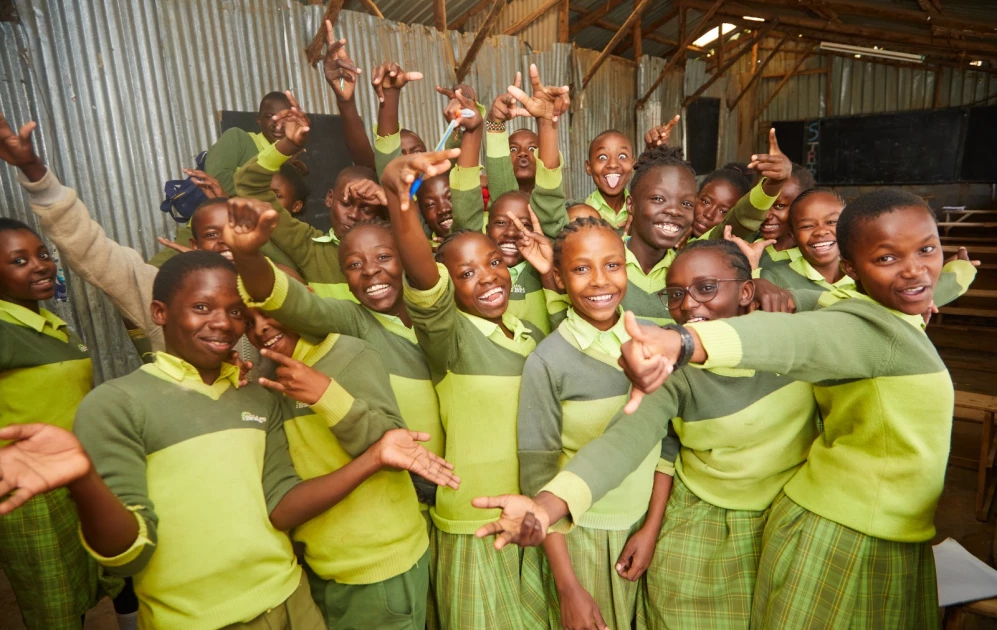How Bridge International Academies safeguards pupils in Kenyan schools


Audio By Vocalize
The first safeguarding training for Bridge Kenya teachers and school leaders took place in December 2008, before the first Bridge school even opened in 2009.
"Since the very beginning, Bridge International Academies have made the safety of their students in all their schools their number one priority. There is nothing more important," affirms Lillian Wamuyu, Director of Gender and Child Empowerment at Bridge Kenya.
Every employee at Bridge undergoes mandatory safeguarding training upon joining, with ongoing sessions to stay abreast of best practices. This commitment is not only verbal but is embedded in the employment contracts of teachers, ensuring a unified dedication to child protection.
Clear communication is a key pillar of Bridge's strategy. Safeguarding messages are routinely sent through the Teacher Messaging Service on tablets, and multiple reporting channels, including a toll-free customer care line and a whistleblowing email, empower parents, teachers, and students to report concerns anonymously.
"The private and NGO sectors in Kenya have joined the government in leading the way in prioritizing safeguarding as a crucial commitment and accountability function. With a shared dedication to upholding the duty of care and do no harm principles, like-minded organizations have united in an alliance called the Child Safeguarding Association of Kenya (CSAK)," says Martin Juma, Child Safeguarding Expert, and Chairman of the Child Safeguarding Association of Kenya Secretariat.
The school's proactive stance on child protection was recently affirmed in an independent review by Tunza Child Safeguarding in 2020. The review, adhering to international standards, positioned Bridge as a sector leader with best practices, prompting suggestions that its policies be adopted nationally.
"Due to this extensive work in prevention and training, as well as zero tolerance for abuse, incidence rates in Bridge schools were substantially lower compared to other schools in Kenya," notes the review by Tunza Child Safeguarding.
Life Skills education, integrated into the national curriculum, forms an integral part of Bridge's holistic approach to safeguarding. This not only equips students to handle risky situations but also reflects the institution's commitment to empower children.
"In Kenya, schools can become unsafe places where pupils become victims of sexual abuse," states the Tunza report, emphasizing the need for initiatives like those implemented by Bridge.
In response to alarming statistics on childhood sexual violence, Bridge actively supports the government's initiatives outlined in the 2019-2023 National Prevention and Response Plan on Violence against Children. Lillian Wamuyu underscores the urgency of collective action to create a secure environment for learning.
Bridge's dedication to improvement is evident in its response to the Tunza review.
Recommendations, including teaching students the customer care number and enhancing "safe touch" lessons, have been swiftly implemented.
Furthermore, annual reaffirmations of commitment to child safeguarding by all school staff through the Child Champion Promise showcase a commitment to continuous improvement.
As a founding member of the Child Safeguarding Association of Kenya (CSAK), Bridge actively collaborates with other organizations to raise awareness about safeguarding.
CSAK, formed in 2022, serves as a national platform for shared experiences, networks, and resources aimed at driving transformative change in Kenyan society.


Leave a Comment